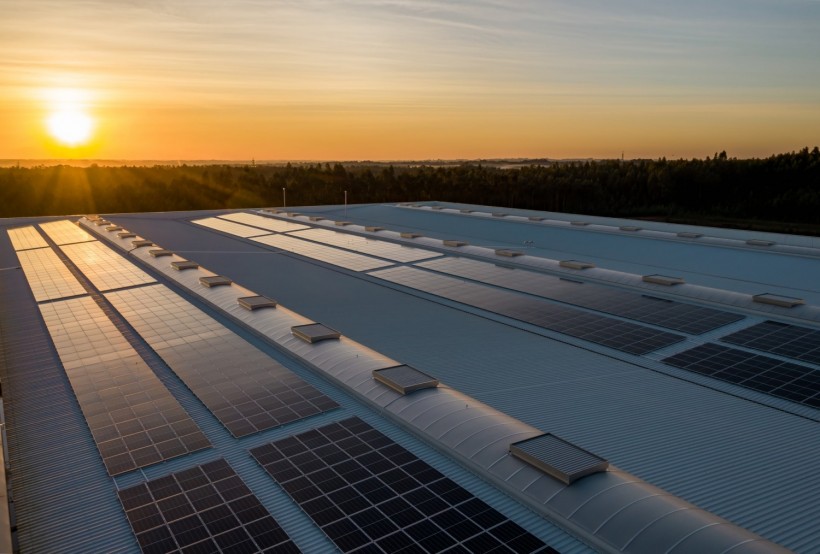If there is one thing being noticed this year, it is the huge surge in energy prices. Families and businesses are feeling the pinch as gas and oil prices skyrocket globally. While the Russian invasion of Ukraine has had an impact, the price rises also shed light on the fact that investment in renewable energy has not been enough to keep up with increasing demand.
Energy investors, therefore, need to invest more into renewable energies so that we can stop using non-renewable sources like gas as much as we currently do. Sarah Ladislaw, managing director of the Rocky Mountain Initiative's US program, which works to accelerate the clean energy transition, believes that the amount of capital needed to "fundamentally transform the energy system as we know it today" is the "most catalytic part" of the discussion around energy transition.
Sustainable investor Timur Tillyaev stated: "The first action to be stepped up is public and private investment in renewable energy... for green alternatives to coal to become more economically viable, especially for poorer countries, we need more supply and lower costs."
The energy crisis has shown us that along with investment, we also need more supportive policies and technologies to enable cheaper access to renewable energy. Solar power, for example, is consistently cheaper in the long term than gas-fired or coal-powered power plants. In fact, most solar projects can offer some of the lowest costs in electricity production. However, to realise this potential more investment in solar technologies is needed.
The World Energy Outlook 2020 highlighted that we can achieve strong growth in renewable energies, but only when there is heavy investment along the way. The big question is how to do that? Without the right investment, the transformation of the entire power sector will be delayed. Experts believe the current geopolitical crisis can help recharge the energy transition.
Speaking to the Financial Times, associate professor at Ghent University Thijs Van de Graaf stated: "Many of the strategies to lower dependency on Russia are the same as the policy measures you want to take to lower emissions. At the moments where we have these crises, the [energy] transition can be supercharged."
Then there are steps the government must take to help increase investment. Writing in Euractiv, Timur Tillyaev suggested that one step "within governments' immediate grasp" is reducing red tape when it comes to investment in renewables. Governments must therefore urgently develop viable sustainable sources of energy. To do this, policies should encourage investment and incentivise innovation in the green energy sector, not create barriers through bureaucratic processes.
There are many different challenges when it comes to energy supply. While there is a huge demand for natural gas presently, studies show that the era of global oil and on-demand growth is going to end in the next decade. With the pandemic, we've seen that the worst effects of an energy crisis will be felt among the most vulnerable in society. If investors dig deep, the energy sector will be encouraged to push forward sustainable energy options, effectively closing the door on non-renewables in energy. Solar, hydropower, and wind all present enormous opportunities if investment can be properly channeled.
Now is the time for investors to properly diversify their portfolios so that they can sidestep any risks, seize the right investment opportunities and protect the planet.
© 2024 NatureWorldNews.com All rights reserved. Do not reproduce without permission.
* This is a contributed article and this content does not necessarily represent the views of natureworldnews.com


![Tsunami Hazard Zones: New US Map Shows Places at Risk of Flooding and Tsunamis Amid Rising Sea Levels [NOAA]](https://1471793142.rsc.cdn77.org/data/thumbs/full/70325/280/157/50/40/tsunami-hazard-zones-new-us-map-shows-places-at-risk-of-flooding-and-tsunamis-amid-rising-sea-levels-noaa.jpg)



